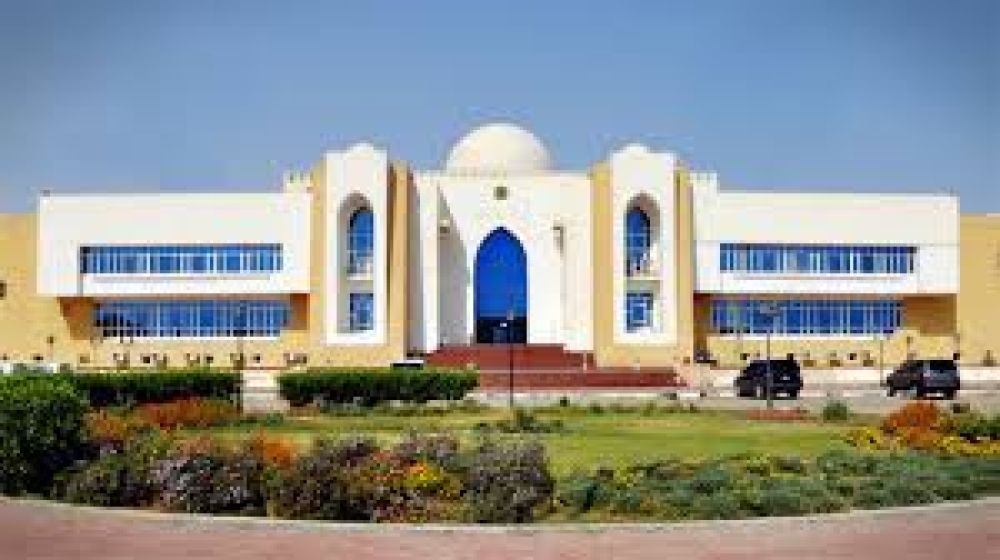

The city of Najaf in Iraq, with its rich historical and religious significance, has long been a destination for pilgrims and scholars alike. Within this revered city lies Kufa University, an institution that is not only an educational hub but also a point of interest for visitors due to its proximity to various historical sites in Kufa and Najaf. The history of tourism in this region intertwines with the cultural and educational developments of the area.
Najaf is home to the Shrine of Imam Ali, the first Shia Imam, which is a central point of visitation for Shia Muslims. For centuries, pilgrims have flocked to Najaf for religious rites and spiritual learning. The city's rich Islamic scholarly tradition bolstered its reputation as a center of learning and theology, which indirectly promoted tourism as well.
Kufa, a town within Najaf, was once a capital in early Islamic history and has been an important pilgrimage and educational site. Over time, these intellectual and spiritual pursuits contributed to the city's tourism appeal.
Kufa University, established in 1987, is one of the eminent higher education institutions in Iraq, contributing to the city's reputation. Though the primary focus of Kufa University is education, its historical context and modern development have made it indirectly linked to the tourism sector. Scholars, educational delegations, and international students often visit, adding to the area's diverse visitors.
In recent years, Najaf has seen an increase in tourism, especially with the construction of Najaf International Airport, which opened in 2008. The improved access has facilitated a spike in religious and academic tourism, with many visitors coming to attend conferences, seminars, and workshops held at Kufa University or visit religious sites in Najaf and Kufa.
Tourism trendwise, there is a noticeable shift towards creating more inclusive hospitality services to cater to the needs of international tourists, including hotels, restaurants, and translation services. Cultural tourism, focusing on the region's rich history and scholarly traditions, is also becoming more prominent.
Looking ahead, both Kufa University and the city of Najaf have the potential to expand their tourism capabilities. With stability and ongoing improvements in infrastructure, there is a significant opportunity to attract visitors interested in educational tourism, historical excursions, and intercultural academic exchanges. The upsurge in digital and experiential travel methods might further amplify Najaf's reach as a destination for global visitors.
As Kufa University advances, initiatives like open lectures, international programs, and partnerships with foreign institutions could enhance its attraction as a site of knowledge and complex history, contributing to the broader tourism tapestry of Najaf and Iraq as a whole.